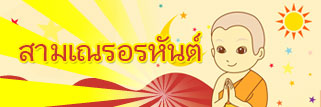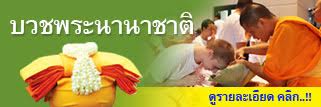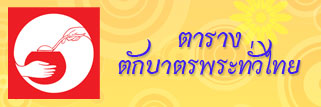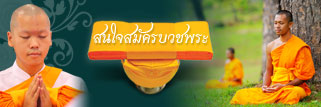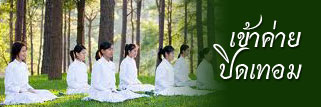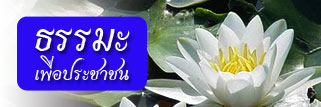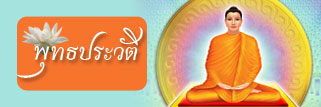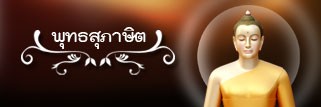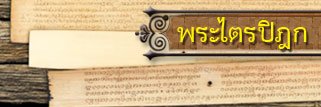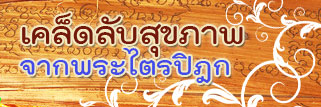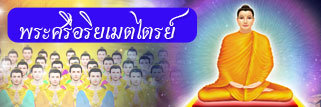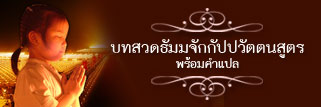Blessing Thirteen:
Cherishing our husband or wife
B. HUSBANDS AND WIVES
B.1 Seven Types of Spouse
In a teaching to Sujātā, the daughter-in-law of Anāthapiṇḍika who was causing considerable friction in her own marriage as a result of ill-chosen words, the Buddha enumerated seven different sorts of spouse — some desirable, some undesirable (A.iv. 91ff., J.269). We can use these categories as a mirror on our own situation — to throw light on possible room for improvement in our current or future relationships. The seven categories of spouse are as follows:
1. A spouse like an enemy [vadhaka samābhariyā]: such a spouse is partial to all sorts of violence. Always looking for the opportunity to kill. Sometimes a couple was not wholehearted about marriage or their marriage was arranged. Only after they have been together for a while does the real personality of the partner manifest itself and they will always be beating one another. Such a spouse is cruel to their partner instead of being compassionate, looking down on them, having no gratitude to them, and even going as far as attempting to kill their partner in some cases — a spouse with such characteristics is a spouse like an enemy;
2. A spouse like a robber [corī samābhariyā]: No matter how much wealth the couple has, if one of the couple has such a character, then it is like having someone in the house who is burning money the whole time until there is nothing left e.g. by gambling or extravagence. The people of old used to say that seven robberies of your house are better than your house burned down (because at least robbers leave the house behind) — and your house burning down seven times is better than being married to a gambler (because even though the house burns down, the land is still left). With gamblers, all your property is still not enough — they will even run up debts for you to service. Such a spouse is full of greed and tries deviously to extract as much of their partner’s money as possible for their self-interest, without thinking how hard they have had to work to earn it — a spouse with such characteristics is a spouse like a robber;
3. A spouse like a boss [ayyā samābhariyā]: Where the categories of spouse above threatened your life or your possessions, the boss spouse will threaten your honour — the sort who pulls your ears or treats you like a child in front of your friends. They may be lazy — constantly awaiting the chance to sit down or lie down and rest instead of helping with their various duties, lacking helpfulness, and using threats and insults to goad their partner into doing their work in their place, but never accepting similar treatment from their partner — a spouse with such characteristics is a spouse like a boss;
4. A spouse like a mother [mātā samābhariyā]: A mother has unlimited love for her children, forgiving all of their mistakes. Such a spouse will forgive their partner for anything they do wrong. You will see the special features of such a spouse when their partner is ill or handicapped and they will look after their partner with the same care as they would look after one of their own children (without thinking of looking for a new partner). This is also true of a spouse whose partner dies when their children are still young, who carries on bringing up their children singlehanded without thinking of taking a new partner. Such spouses tend to be full of compassion, loving their partner, helping and being a credit to their partner, looking after their partner’s health when they are ill, like a mother would look after her own children — a spouse with such characteristics is a spouse like a mother.
5. A spouse like a little sister [bhaginī samābhariyā]: Such a spouse is almost the same as the motherly spouse, but a little more playful, lonely, moody and emotional — but at the same time truthful, honest and faithful. They tend to be ashamed of evil and fear the consequences of evil, respecting and looking up to their partner as if they were an older brother or sister — a spouse with such characteristics is a spouse like a little sister.
6. A spouse like a friend [sahāya samābhariyā]: Such a spouse is one of similar background, tastes, education as their partner — maybe they have known their partner since childhood. Such a couple tend not to have much sense of respect towards one another. Their level of morality will be similar and they can live quite happily together. Such a spouse will tend to be generous and sincere — empathizing with their partner in all they do throughout their life like a friend who goes together through thick and thin — a spouse with such characteristics is a spouse like a friend.
7. A spouse like a slave [dāsī samābhariyā]: Usually the intelligence of such a spouse is less than that of their partner. They will be honest, they may want to serve their partner to the utmost but they may make mistakes. Such a spouse tends to allow themselves to be abused, slapped or beaten by their partner without becoming angry or vengeful and without blaming their partner — being contented to be completely dominated by them — a spouse with such characteristics is a spouse like a slave.
Living together like these first three sorts couple is like being in hell from the time you are still alive. When such spouses die, then it will only be a continuation of the retribution from all the terrible things the husband and wife have done to one another. They will pass away into hell at the end of their lives as a result of the bad karma they have accumulated for themselves.
The remaining four types of spouse will pass away into heaven at the end of their lives as a result of the good karma they have accumulated for themselves. They all represent marriages which have the chance of working out. Both husband and wife have a baseline of morality and are flexible. The marriages with spouses from categories “4” to “7” are in decreasing order of stability. Thus if you are already married then ask yourself which category you have worked yourself into — as “4” is the most stable of all.

http://goo.gl/YC9iw








 พิมพ์บทความนี้
พิมพ์บทความนี้
